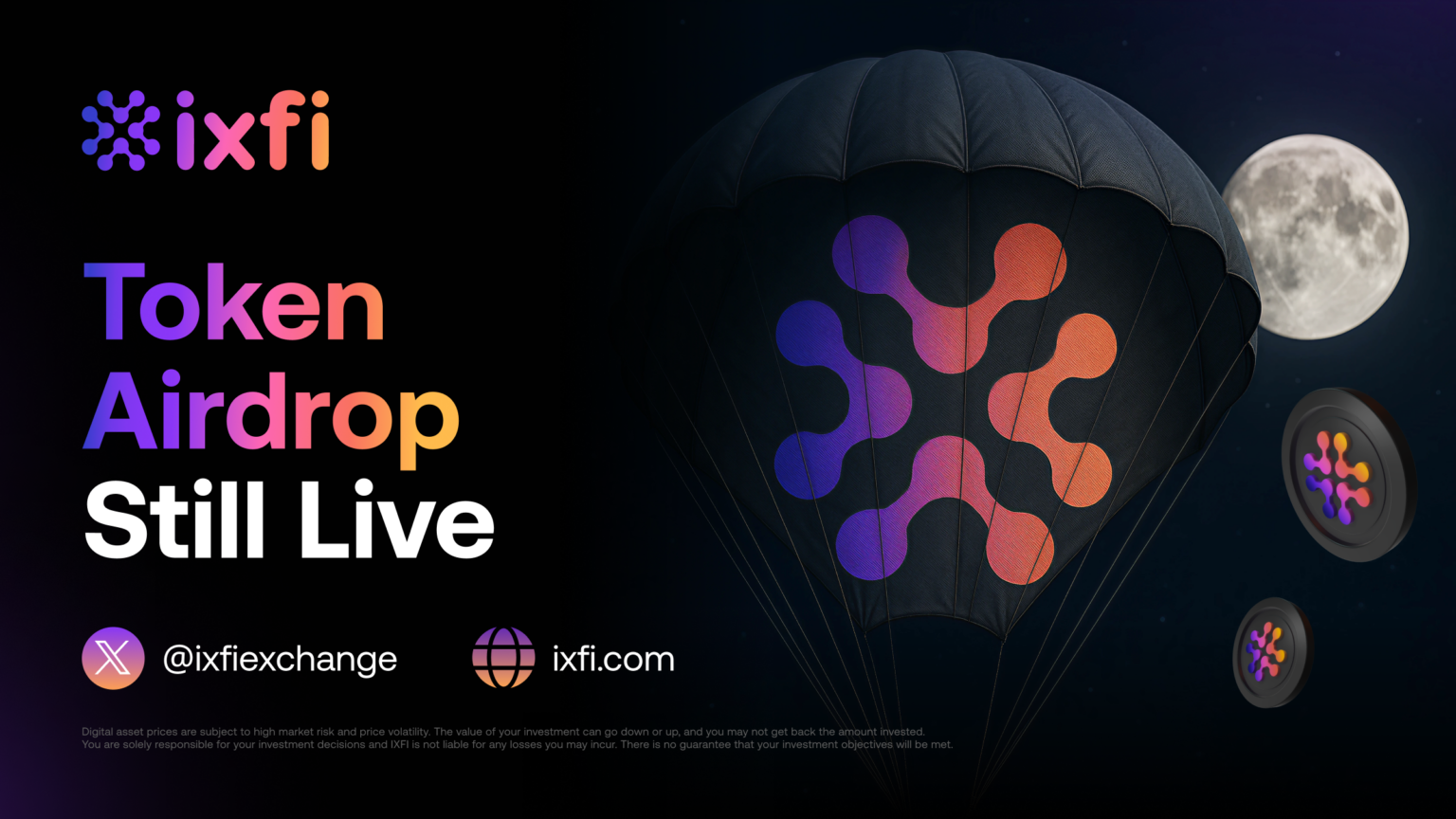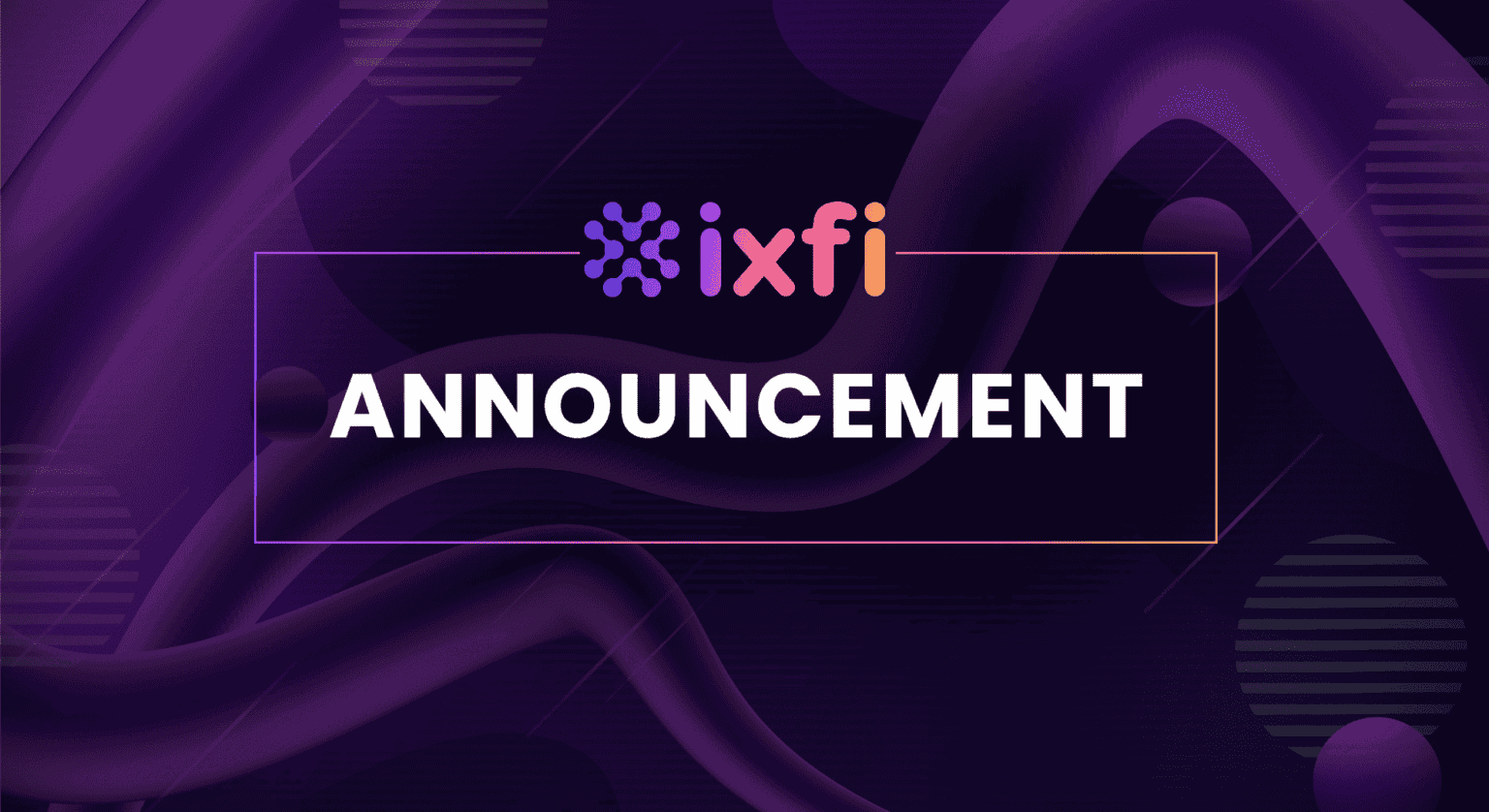If you are familiar with crypto, you have probably heard about being “bankless” or encountered the phrase “be your own bank.” The idea behind these phrases is that crypto grants you more control over your finance than the traditional banking system. But the main questions are, can crypto really be an effective alternative to banking? How much of your financial activities can be achieved through crypto?
In the modern digital environment, people are doing things differently using technologies. However, the traditional banking system has become stagnant to the point that customers’ and banks’ needs do not align anymore. As a result, multiple disruptive alternatives such as mobile banking apps have emerged to fill in the gap. Given the global adoption of smartphones, these alternatives have been hugely successful.
Recently, there has been an increase in the number of challenger banks — smaller retail banks that offer financial services through mobile Apps or websites. They allow customers to carry out all their financial activities digitally, and their operational models are customer-centered. The App-banks are developed using modern technologies to address customer frustrations experienced from using the traditional banks.
While the challenger banks are different from crypto, their success highlights the significant need for changes and technology adoption in the banking system. In an interview, Anne Boden, the founder and CEO of Starling Bank, a challenger bank in the UK, stated that it is “easier to start a new bank than to fix the old.” This statement indicates that while technology adoption can modernize the banking system, the process of changing its operational models might be too complex and rigid to embrace technological changes fully. Thus, starting a new banking system with more recent technologies is easier to achieve. This argument paves the way for crypto in the banking industry.
Is Crypto Replacing Traditional Banking?
Customers are looking for convenient and faster ways of making financial transactions, such as deposits, withdrawals, payment for products and services, and loans. Instead of queuing at the bank, they are looking for digital strategies that allow them to access their accounts via smartphones and other personal devices.
Cryptocurrencies are currently used for making payments, investing, or trading. There are a lot of clients interested in crypto innovations and are easy to find since they follow the newest developments and are willing to try. Their confidence in the crypto industry has significantly contributed to its rapid global growth and popularity.
Cryptocurrencies are digital assets that function like traditional fiat currencies and can serve as means of exchange. Since they can be used as a commodity, cryptocurrencies can be used to create value, while as a new version of money, they are used to buy goods and services. As their popularity and adoption increase, cryptocurrencies have become acceptable forms of compensation where some employees receive their salaries in the form of digital assets instead of traditional money. As their functions expand, cryptocurrencies will reduce people’s need for traditional banks, thus threatening the conventional establishments’ stability.
The current banking systems are characterized by setbacks, including security threats, extra fees and slow transactions, financial exclusion where some people have access to certain products while others don’t, and accessibility issues. Consequently, cryptocurrencies are regarded as the primary solution to these issues due to the advanced functionality of blockchain technologies.
Why are more people classifying cryptocurrencies as the future of the financial sector, and how will it affect the current banking systems.
1) Decentralized nature
Unlike banks, cryptocurrencies are free from third parties control. The control and decision-making in crypto are distributed over a network instead of having centralized power, as in the case of central banks.
The leading beauty of decentralized systems is that you don’t have to trust a particular party to operate correctly, thus eliminating a single point of failure. Additionally, it makes it impossible for fraudsters to modify signed transactions or the blockchain since making any fraudulent transactions would require control of the majority of the computing power of the network
2) The rise of crypto credit/debit cards
You are probably asking, how do you spend crypto?
With the growing interest in cryptocurrencies, multiple companies have devised ways of integrating crypto into the card networks. This allows crypto holders to use debit or credit crypto cards to carry out transactions.
IXFI has also announced its IXFI Card Program that, after release, will allow you to own a physical crypto card. IXFI has partnered with multiple merchants and businesses to enable cardholders to use the cards on numerous websites and physical locations.
3) Accessibility
Unlike banks, cryptocurrencies require minimal human interactions since the systems are automatic. Thus, they are accessible from any part of the world at any given time. On the contrary, banks are often region-specific. With the growing number of crypto trading platforms, people can access the marketplace, various digital currencies, and their performance information.
If you are tired of dealing with traditional banking and you are looking for a trading platform designed to help you become a smart investor amidst the current development, check out IXFI. The All-in-One Alternative Bank Solution gives you access to accurate market trends on various cryptocurrencies, including Bitcoin (BTC), Ethereum (ETH), Binance Coin (BNB), Solana (SOL), Cardano (ADA), and Polkadot (DOT). Besides, the platform is a highly secured trading platform that enables you to carry out crypto transactions, be it investments or payments.
Crypto is predicted to be the future of financial systems, so keep up with the latest industry developments. Stick with IXFI and you won’t get left behind.
Disclaimer: The content of this article is not investment advice and does not constitute an offer or solicitation to offer or recommendation of any investment product. It is for general purposes only and does not take into account your individual needs, investment objectives and specific financial and fiscal circumstances.
Although the material contained in this article was prepared based on information from public and private sources that IXFI believes to be reliable, no representation, warranty or undertaking, stated or implied, is given as to the accuracy of the information contained herein, and IXFI expressly disclaims any liability for the accuracy and completeness of the information contained in this article.
Investment involves risk; any ideas or strategies discussed herein should therefore not be undertaken by any individual without prior consultation with a financial professional for the purpose of assessing whether the ideas or strategies that are discussed are suitable to you based on your own personal financial and fiscal objectives, needs and risk tolerance. IXFI expressly disclaims any liability or loss incurred by any person who acts on the information, ideas or strategies discussed herein.



